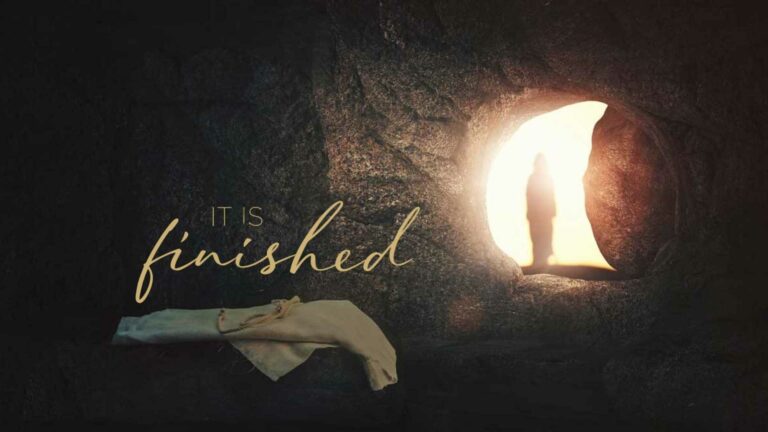The Messiah had been prophesied for centuries. But on the surface, the prophecies were patchwork, a confusing array of diverse predictions. Prophetic “calculators”—the Scripture experts—couldn’t quite add them up. The best they could do was watch and wait.
Hindsight has helped us; we would have been just as confused. We would not have known what to make of seemingly contradictory facts: Messiah would be from Bethlehem and from Egypt. He would be the seed of the woman and the Son of God. He would be David’s descendant and David’s Lord. He would reign and He would suffer. Yes, the prophecies of the Reconciler were hard to reconcile.

But at the appointed time, Jesus came, born of a virgin. Son of Man and Son of God. Born in Bethlehem (a lowly place), sojourning in Egypt (a sinful place), and settling in Nazareth (a despised place). A suffering Servant, a King in humble disguise. A Branch (Isaiah 11:1) and a Root (Isaiah 11:10). Worshiped by kings and despised by men. Dying, yet eternal. Any way you look at it, our Messiah was a walking, talking bundle of paradoxes.
It is often calculated that the odds of one person fulfilling all the messianic prophecies in the Hebrew Scriptures are one in some astronomical number. I’d suggest that the odds of fulfilling these particular prophecies are even more astronomical. These aren’t your run-of-the-mill prophecies (not that there is such a thing). These appear deeply conflicted—not just extremely unlikely for more than one person to fulfill, but impossible for anyone to fulfill. Ever.
These foretastes of salvation come from a diverse range of prophets and poets and scribes, from various Hebrew cultures across vastly different ages. They speak of life and death and suffering and joy and birth and betrayal and the power of the almighty God. They promise unimaginable glory and offer an unimaginable kingdom. They address every need of a human heart. But the one thing they don’t do is paint a simple picture.
After all, no one can be from Bethlehem and Egypt and from a despised, separate place like Nazareth. No one can be from the seed of the woman and be divine. No one can be a baby and “God with us.” No one can be the son of Abraham and the Father of Abraham, or the son of David and the Lord of David. No one can die and live. Can he?
But Yeshua the Messiah did.
The impossible became real, not just in prophecy, but in every aspect of Jesus’ ministry. When Jesus stepped into this fallen world, “impossible” lost all relevance. It just doesn’t apply anymore. Paradoxes can be resolved, enigmas can make sense, and sinners can be saved. The blind can see, the captives can be released, the lame can walk, and dry bones can get up and dance.
Jesus came not only at the appointed time, but also with an appointed, prophesied meaning. Everything is made complete in Him. So, whatever hopes you have this Christmas season—whatever enigmas riddle your life while the rest of the world celebrates a holiday—remove the stamp of “impossible” from them. And hundreds of fulfilled prophecies will bear witness to your faith.
*****
by Chris Tiegreen. ©2020 by Walk Thru the Bible.



